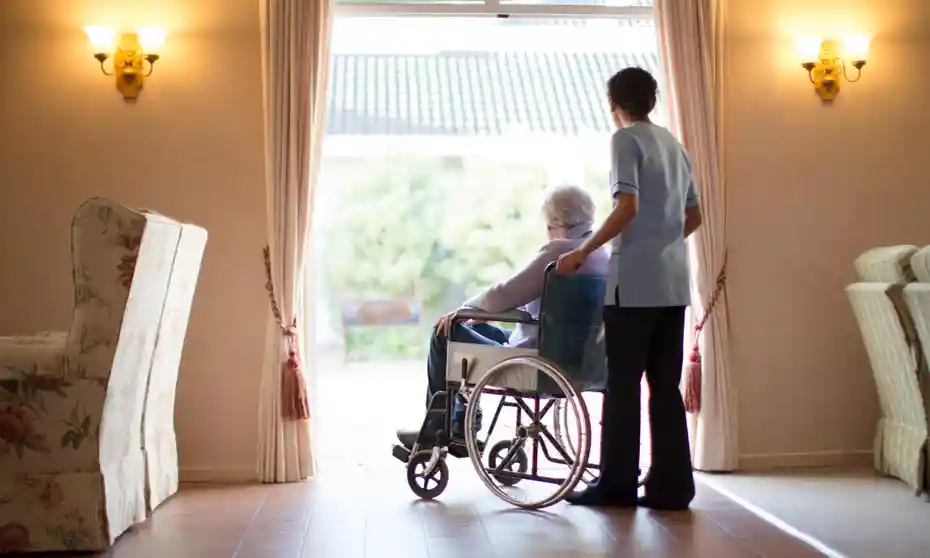Research from Carers Scotland’s ‘State of Caring in Scotland 2024’ report has highlighted that 34% of working age carers have been forced to leave their jobs due to the pressures of balancing paid employment with caring responsibilities.
An estimated 270,000 people in Scotland juggled work with caring for someone who is disabled, ill, or elderly.
Among those still in work, 42% had reduced their hours, and 21% took lower-paid or junior roles to accommodate their duties.
The report underscored the financial and personal challenges faced by unpaid carers, noting that combining paid work with caring can provide vital financial security, support wellbeing, and allow for future savings.
However, 64% of carers in employment said support services were unavailable when needed, 9% reported unfavourable treatment at work, and 34% were unable to save adequately for retirement.
Despite recent legislation, such as the Carer’s Leave Act and the Employment Relations (Flexible Working) Act, 53% of carers said they could not afford to take Carer’s Leave as it remains unpaid.
Carers Scotland issued recommendations for governments, the public sector, and employers to better support unpaid carers in accessing and staying in work.
Richard Meade from Carers Scotland said: “Supporting unpaid carers to remain in employment is vital. We know that not being in employment means a significant loss of income for carers, and the biggest driver in why 28% of carers live in poverty in Scotland.
“Today’s research found that more than two thirds (69%) of carers who had reduced hours or given up work because of caring had skipped meals and 67% told us that they were worried about living costs and managing in future.
“This loss of income has significant consequences for a carer’s future, with poverty in older age, sometimes long after a caring role has ended.
“Carers need more support than is currently available to remain in and to return to employment, with more action needed by governments, employers and local authorities to build the foundations of social care, financial support, flexibility and employability advice that will help both carers and our economy to thrive.”

















